Nowadays, studying abroad is gaining more and more popularity. Parents try to provide their children with the best possible future and for the sake of this goal they part with them for whole years, because admission to a prestigious foreign university and gaining a profitable profession seems to them to be the most important component of modern man. In this article we will try to understand how higher education is organized in China. What difficulties can a Russian citizen face when he wants to become a student at a Chinese university or institute, is there an opportunity to unlearn in the Celestial Empire, without spending money, how to submit documents correctly - about this, and more, read here.
What is the system of higher education in China?
Higher education in China (People's Republic of China) can be obtained both in state and private educational institutions. Both groups of institutions are represented by colleges, universities and professional higher schools. All of them are characterized by a specific focus, offer applicants a specific topic of courses and methods of teaching material. Unlike the American or European higher education institutions that are popular today, where one university unites a lot of diverse specializations at once, Chinese universities cover, as a rule, one narrow area. This may be medicine, languages, communication with technical means, the study of the humanities, etc. Although there are exceptions to this rule, for example, large Fudan and Peking universities, where natural sciences and humanitarian subjects are taught.
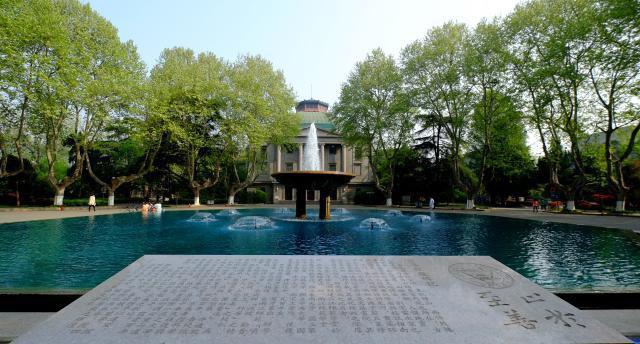
Higher education in China consists of 3 levels:
- Baccalaureate (to obtain this degree, it is necessary to complete the full course of high school; training lasts up to 5 years).
- Master (2-3 years).
- Doctoral studies (3 years; in order to obtain a doctorate, you must pass exams in key subjects of the course, as well as complete an independent project - research on a given topic).
In general, higher education in China is considered free, but there is a very large and significant “but”: allocated budget places are not enough for all those who wish to enter universities, as a result of which many students have to study for a fee, on a commercial basis.
Conditions for applicants
Those who want to get higher education in China have a number of requirements, namely:
- Compliance with the established age: from 18 to 50 years.
- HSK must be completed at level 3 (minimum 180 points) and higher.
- Applications must be submitted until June 30 for the fall semester, and until December 31 for the spring semester (not a day later!).
What is HSK? This abbreviation (stands for Hanyu Shuiping Kaoshi) is the name of the state exam conducted in China to certify the level of Chinese language proficiency in people who are not citizens of the country and do not speak the state language as their native language. By the way, not only foreigners fall under the exam, but also huaqiao - Chinese immigrants, and people who are representatives of national minorities.
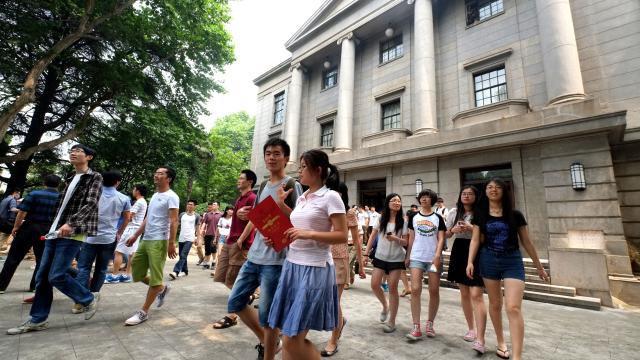
Passing an exam to determine the level of language proficiency is necessary because the main language of most programs is Chinese. That is why language courses, which last from 1 year to 2 years, usually precede admission to a higher educational institution. However, with a thorough search, you can find such areas where there is a parallel language of instruction - English.
What is the reason for the success of Chinese education?
It is no secret that higher education in China today is a good tool and an excellent start for the realization of a person. The specialty received by students always has practical application and social importance, and a diploma of obtaining a certain degree at a Chinese university is a guarantee of a job in any country in the world. All this is also supported by knowledge of the language, which, due to complete immersion in a new cultural environment, in a few years of study will learn no worse than the native language. But how could the state achieve such successes in the education system?
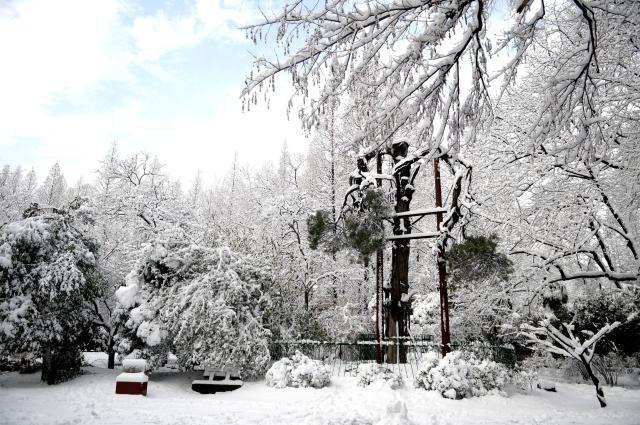
This may seem surprising, but literally 80 years ago, the gap in the ratio between the educated part of the population and illiterate residents was huge: 10% to 70%, respectively! The remainder fell on those who studied from time to time, "something and somehow."
Further success in the development and establishment of a solid educational system is associated with two factors, which, in fact, are in a strong relationship with each other:
- The concern of the authorities, which took control of all the stages of the educational process (from kindergarten to university), carried out a number of effective reforms and received a whole generation of competent and competent specialists in various fields.
- The ensuing Chinese economic miracle, thanks to which industries related to science, technology, biochemistry, telecommunications, and high technologies have developed.
As a result, the country began rapid economic growth and, as a result, improved living standards. Education was not left aside. Today, China has a leading position in terms of progressiveness and development prospects.
Comparison of Higher Education in Russia and China: Similarities and Differences
When comparing the domestic higher education system with the Chinese, it becomes obvious that no obvious common ground will be found. Higher education in China, rather, can be compared with Soviet reality. Here one cannot meet the excessive democracy inherent in Europe in the approach to learning, since courses must be strictly attended, students are not given full freedom of action, tasks must be completed on time, and so on. Discipline must be fully respected. However, it is wrong to think that China is stuck in the past, only slightly changing the standards of education for the present. In fact, there is a qualitative synthesis of the traditional approach in teaching methods with innovative technologies and solutions. So, students have access to laboratories with the latest modern equipment, live in American-style campuses, where there are student cafes, gyms, and entertainment facilities. As a result, the student may completely lose the need to leave the campus, because up to 25 years (approximate age of completion of studies) he will be provided with everything necessary.
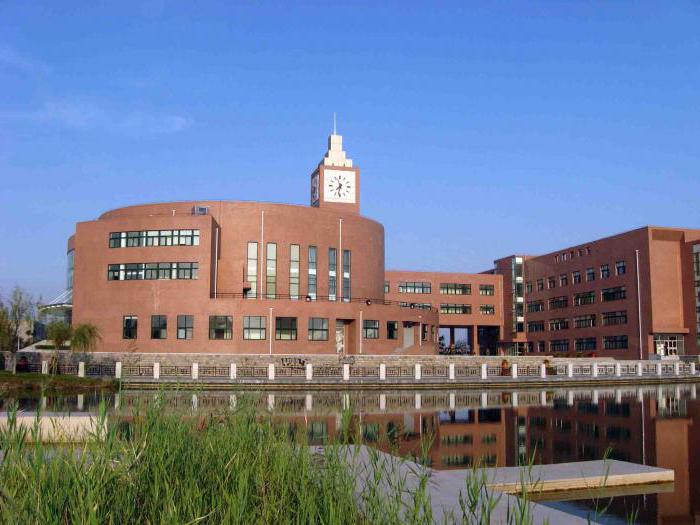
Cost of education
Higher education in China for Russians, as well as for all other foreigners, will cost an order of magnitude cheaper than studying at a university in America or Great Britain.
- Those wishing to obtain a bachelor's degree will have to pay an average of 3-4.5 thousand dollars annually (accommodation on campus is included).
- Graduate students pay 4-5.5 thousand dollars a year.
- Admission to a Chinese university after graduating from the 9th grade, along with food, accommodation and a full course of study will cost $ 13 thousand.
In fact, studying at a Chinese university can come out not only not more prestigious, but even cheaper than getting higher education at a Moscow university, and this is a serious reason to think.
Opportunities to unlearn without costs
Is it possible to get higher education in China without spending money? For Russians, Ukrainians, Belarusians, Estonians and any other foreign citizens, from the point of view of the Celestial Empire, the good news is that it’s possible! Despite the fact that you can’t count on getting a budgetary place (they are given only to Chinese citizens, for example, prize-winners of olympiads, talented children, immigrants from low-income families), nevertheless, the government is interested in a regular influx of gifted personnel. To achieve this goal, the authorities allocate annual grants (scholarships), which are of the following types:
- Scholarships of mayors.
- Confucius Institute (available for Russians).
- Grants from individual universities.
- Government (available to Russians).
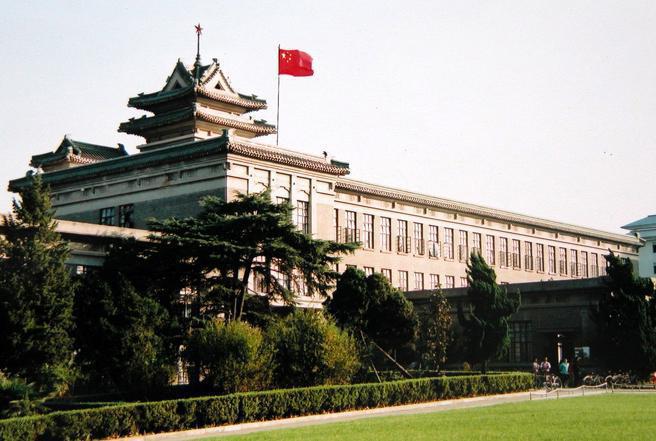
In this case, preference is given to someone who already speaks Chinese. To apply for a grant, you need to add a medical certificate and a motivation letter to the main package of documents (presented below), in which you must describe your advantages and achievements. They should make the selection committee think: “Yes, such a student is needed here!”
Nuances and subtleties: the process of filing documents
In order to send your documents to the University of China, you must use express mail and attach the paper in accordance with the following list:
- Application drawn up in the form established by the university.
- The original and a copy of the certificate translated into Chinese and certified by a notary.
- An international certificate confirming sufficient knowledge of Chinese and (if necessary and having such a requirement) English (the level of proficiency of the latter is determined by the TOEFL, IELTS exams, in some cases GRE, GMAT).
- Letters of recommendation.
- Bank statement of financial solvency.
- Academic Resume.
- Creative presentation or mini-project (for the specialty of the designer and similar areas).
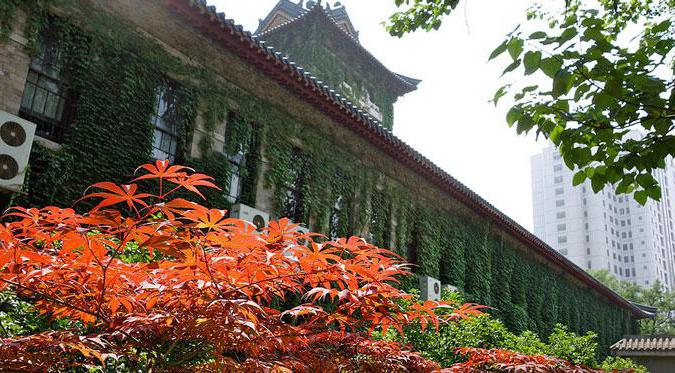
Of course, in no case should we forget about the deadlines for submitting a package of documents.
Leading universities
Higher education in China with subsequent employment today is implemented by many institutions. The most famous and sought after foreign students include:
- Tsinghua University (Beijing).
- Peking University (Beijing).
- Science and Technology University of China (Hefei).
- Nanjing University (Nanjing).
- Zhongshan University named after Sun Yat-sen (Guangzhou).
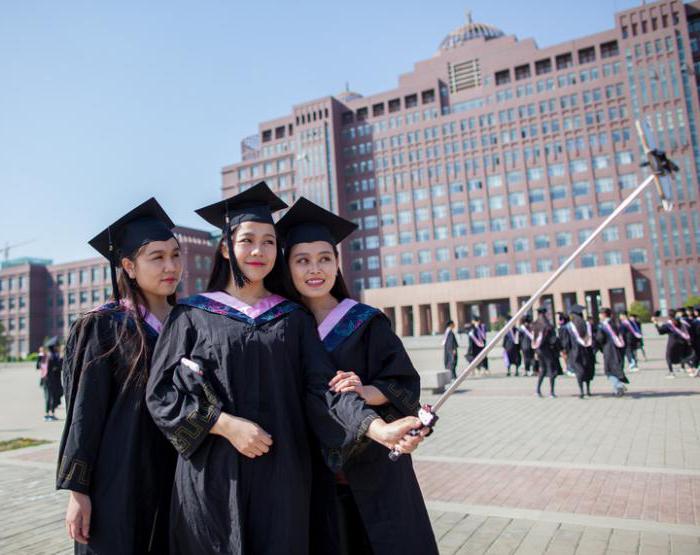
Here, even those who already have a specialty can continue their studies. A second higher education in China is also popular, and diverse professionals, as a rule, do not remain without work.
What to do if difficulties arise?
An unprepared young, as well as an experienced adult, a similar amount of information can stun. It is really easy to get confused, but you should not despair, because you can always contact the department of international cooperation of the Ministry of Education of Russia. Here they will prompt, explain the procedure, and if necessary, even help to correctly submit documents.